Science can solve the great mystery of consciousness – how physical matter gives rise to conscious experience – we just have to use the right approach, says neuroscientist Anil Seth.
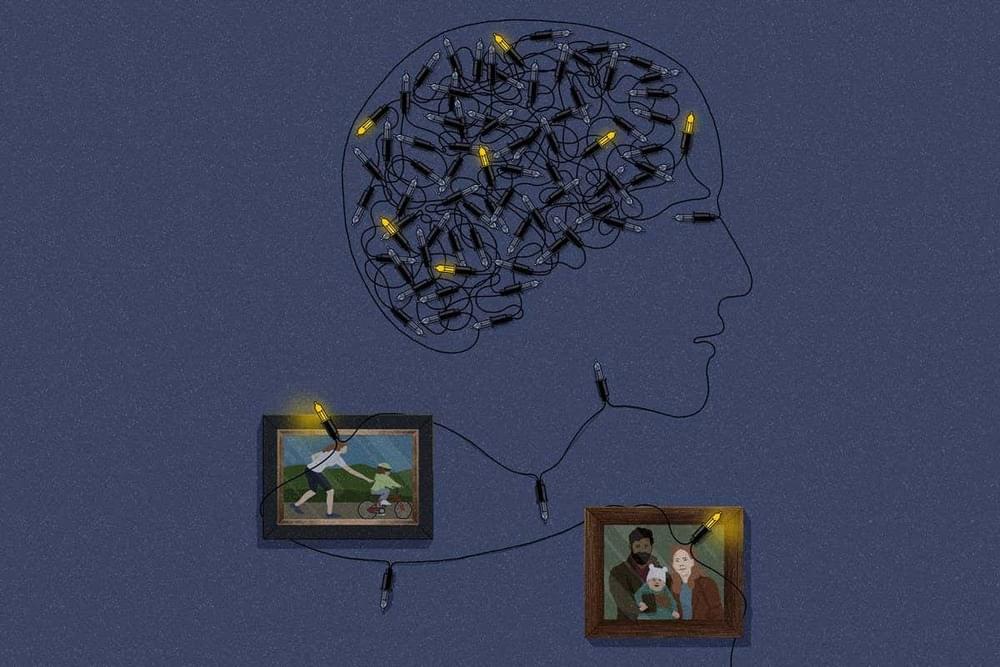


Circa 2019
STRANGER Things has attracted a global audience of over 20million viewers who love the show for its eerie plot lines involving secret government experiments and monsters from other dimensions.
But the alleged real-life stories that inspired the Netflix show — which was confirmed for a forth series on Monday - are more terrifying than anything in the fictional town of Hawkins, where the series is set.
Stranger Things stars Millie Bobby Brown and Winona Ryder and follows a group of children in the 1980s who uncover supernatural phenomena connected to a secret government laboratory in their town.
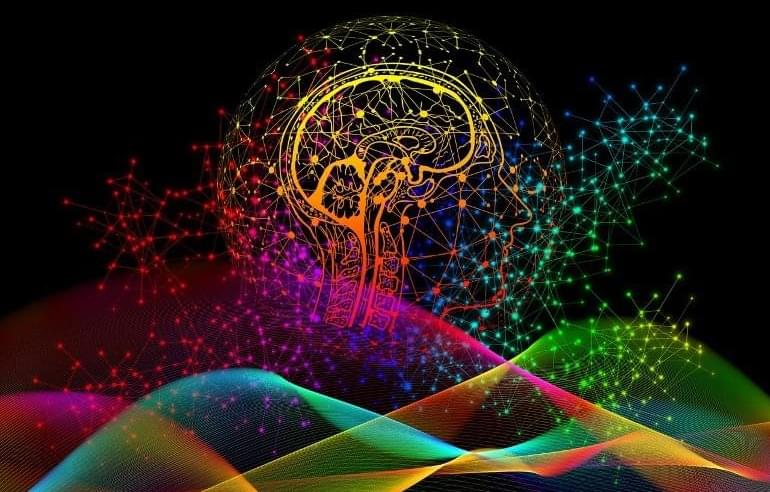
“It’s really important that we don’t think of structures in the brain as monolithic,” said Gowrishankar. “There’s lots of little nuance in brain. How plastic it is. How it’s wired. This finding is showing one way how differences can play out.”
Researchers alter two of five genes responsible for vision in Aedes aegypti to make human targets less visible to these flying insects.
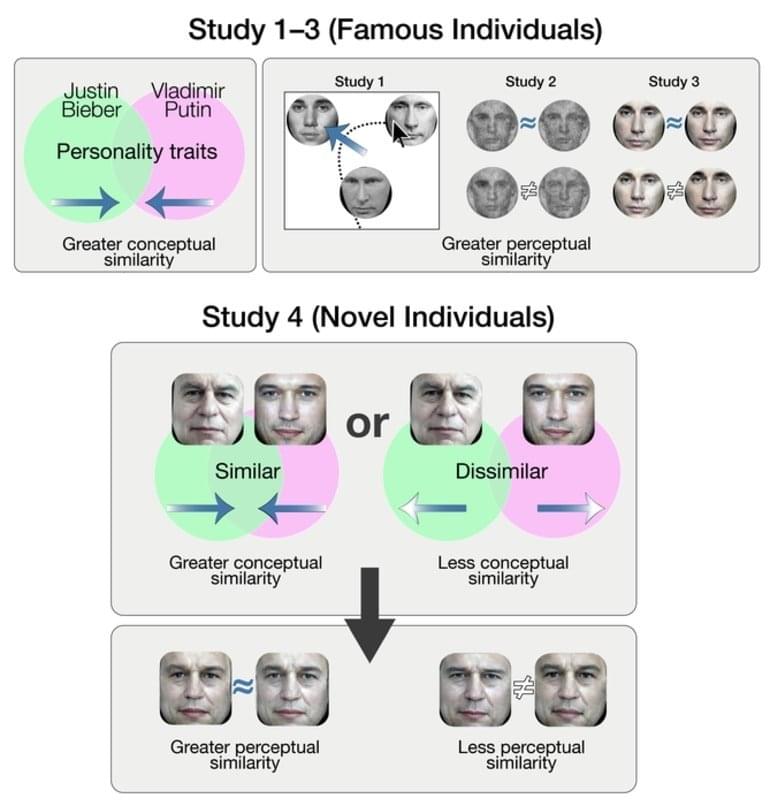
The authors add that the research informs fundamental scientific understanding of how face recognition works in the brain, suggesting that not only a face’s visual cues but also prior social knowledge plays an active role in perceiving faces.
Summary: Knowledge of an individual’s personality can influence the perception of a face’s identity and bias it toward unrelated people or identities, researchers report.
Source: NYU
Do Vladimir Putin and Justin Bieber look alike? They do if you think they have similar personalities, shows a new study by a team of psychologists.
Its findings, which appear in the journal Cognition, reveal that knowledge of a person’s personality can influence the perception of a face’s identity and bias it toward unrelated identities. For example, if Vladimir Putin and Justin Bieber, a pair of faces among many tested in the research, have more similar personalities in your mind, then they visually appear more similar to you as well, even if they lack any physical resemblance.
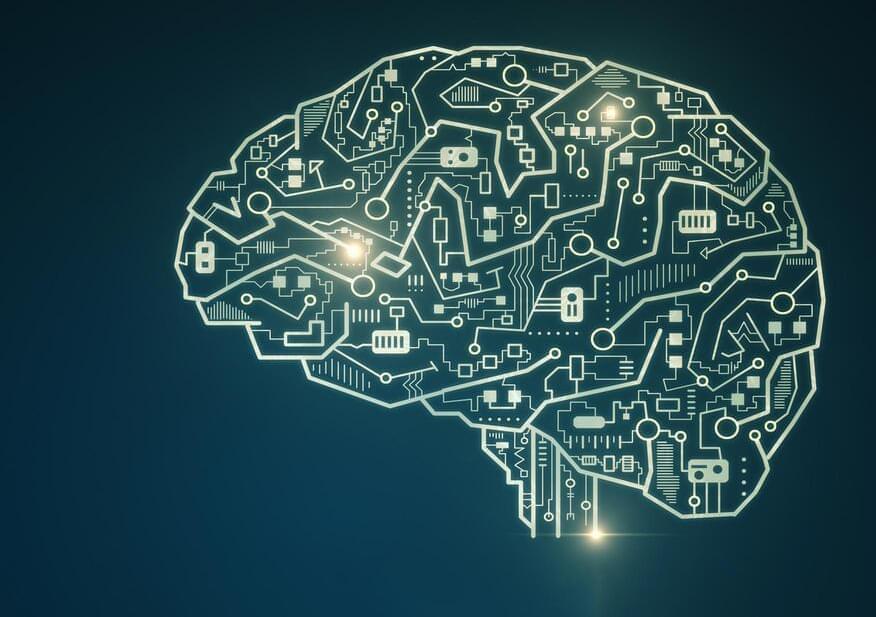
In a discovery published in the journal Nature, an international team of researchers has described a novel molecular device with exceptional computing prowess.
Reminiscent of the plasticity of connections in the human brain, the device can be reconfigured on the fly for different computational tasks by simply changing applied voltages. Furthermore, like nerve cells can store memories, the same device can also retain information for future retrieval and processing.
“The brain has the remarkable ability to change its wiring around by making and breaking connections between nerve cells. Achieving something comparable in a physical system has been extremely challenging,” said Dr. R. Stanley Williams, professor in the Department of Electrical and Computer Engineering at Texas A&M University. “We have now created a molecular device with dramatic reconfigurability, which is achieved not by changing physical connections like in the brain, but by reprogramming its logic.”

In order to find a way to trick the body into making new B cells, the researchers probed one of the ways that the body naturally replenishes its supply. Patients undergoing treatment for multiple sclerosis had their MBC stock depleted, at which point their body rapidly started to produce new B cells.
The team identified the specific hormones that shut B cell production down again once stores were replenished, and realized that deactivating the hormone results in the body producing extra B cells left and right. And going forward, they hope to turn that hormonal trick into a new rejuvenating treatment for the elderly and immunocompromised.
“We found specific hormonal signals produced by the old B cells, the memory cells, that inhibit the bone marrow from producing new B cells,” Melamed told The Jerusalem Post. “This is a huge discovery. It is like finding a needle in a haystack.”
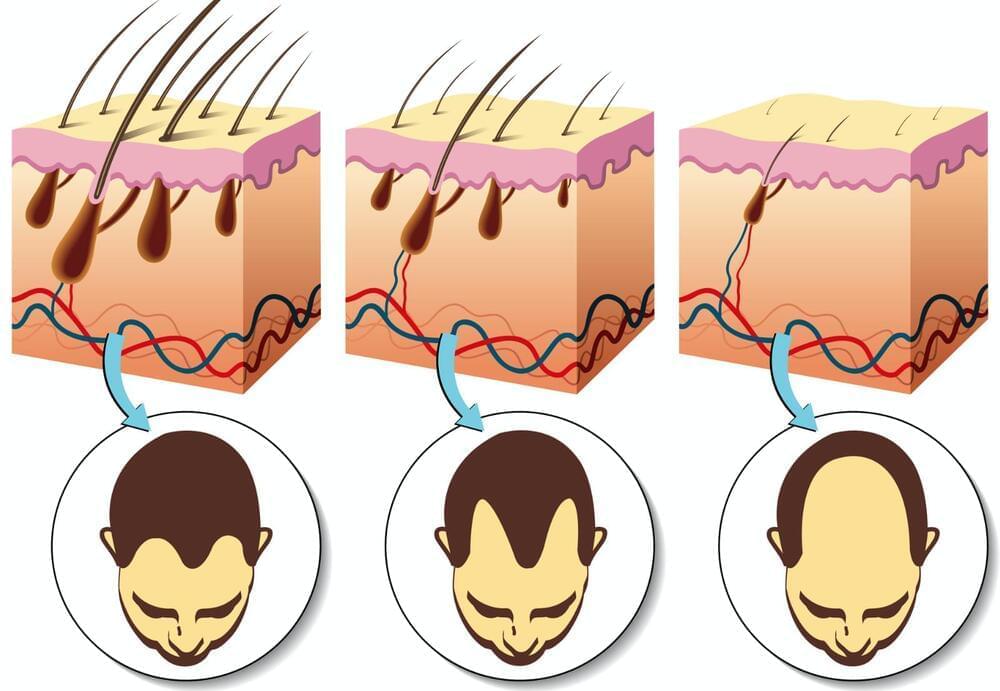
Recent advances have put some interesting possibilities on the table when it comes to tackling hair loss, from topical solutions packed with stem cells, to 3D-printed hair farms, to growing hair with a patient’s own cells. Scientists in China are now throwing another one into the mix that uses a dissolvable microneedle patch to stimulate hair growth, with the technology proving high effective in mouse models of hereditary pattern baldness.
Led by scientists at China’s Zhejiang University, the researchers set out to develop new treatments for the most common of hair loss conditions: male-and female-pattern baldness, also known as androgenic alopecia. The scientists sought to tackle the issue by focusing on what they say are the primary mechanisms behind this, namely oxidative stress and poor circulation.
This relates to the combination of accumulating reactive oxygen species in the scalp that kill off the cells behind new hair growth, and a lack of blood vessels around the follicles to provide them with nutrients and essential molecules. In this way, the team hoped to come up with a two-pronged approach to androgenic alopecia, and their solution starts with previous research carried out on liver injuries and Alzheimer’s.
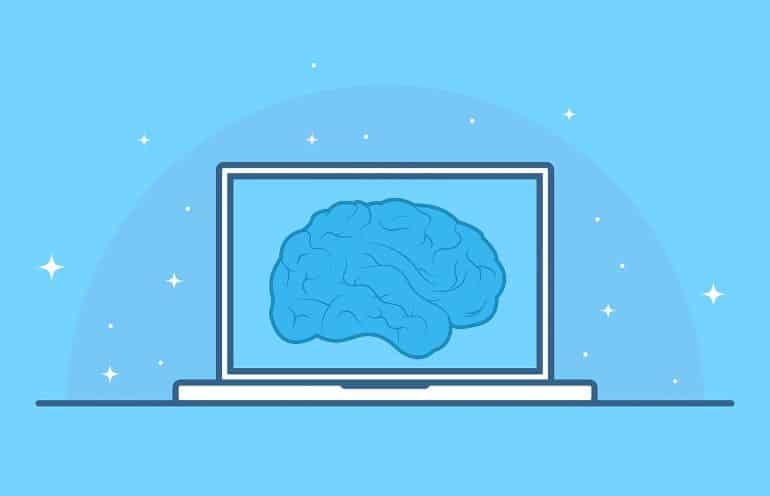
Summary: Researchers have discovered a new molecule that could increase the ultra-fast decision-making capabilities of computers. The simple molecule provides a new electronic circuit element in which complex logic is encoded in nanoscale material properties.
Source: University of Limerick.
An international team of scientists including researchers at University of Limerick in Ireland has discovered a new molecule that could further increase ultra-fast decision making in computers.

Mushrooms and other kinds of fungi are often associated with witchcraft and are the subjects of longstanding superstitions. Witches dance inside fairy rings of mushrooms according to German folklore, while a French fable warns that anyone foolish enough to step inside these ‘sorcerer’s rings’ will be cursed by enormous toads with bulging eyes. These impressions come from the poisonous and psychoactive peculiarities of some species, as well as the overnight appearance of toadstool ring-formations.
Given the magical reputation of the fungi, claiming that they might be conscious is dangerous territory for a credentialled scientist. But in recent years, a body of remarkable experiments have shown that fungi operate as individuals, engage in decision-making, are capable of learning, and possess short-term memory. These findings highlight the spectacular sensitivity of such ‘simple’ organisms, and situate the human version of the mind within a spectrum of consciousness that might well span the entire natural world.
Before we explore the evidence for fungal intelligence, we need to consider the slippery vocabulary of cognitive science. Consciousness implies awareness, evidence of which might be expressed in an organism’s responsiveness or sensitivity to its surroundings. There is an implicit hierarchy here, with consciousness present in a smaller subset of species, while sensitivity applies to every living thing. Until recently, most philosophers and scientists awarded consciousness to big-brained animals and excluded other forms of life from this honour. The problem with this favouritism, as the cognitive psychologist Arthur Reber has pointed out, is that it’s impossible to identify a threshold level of awareness or responsiveness that separates conscious animals from the unconscious. We can escape this dilemma, however, once we allow ourselves to identify different versions of consciousness across a continuum of species, from apes to amoebas. That’s not to imply that all organisms possess rich emotional lives and are capable of thinking, although fungi do appear to express the biological rudiments of these faculties.
Excitatory/inhibitory fusion organoids OSCILLATE! In combination with iPSC technology this allows patient specific drug tailoring, as exemplified by Rett Syndrome in this preprint.